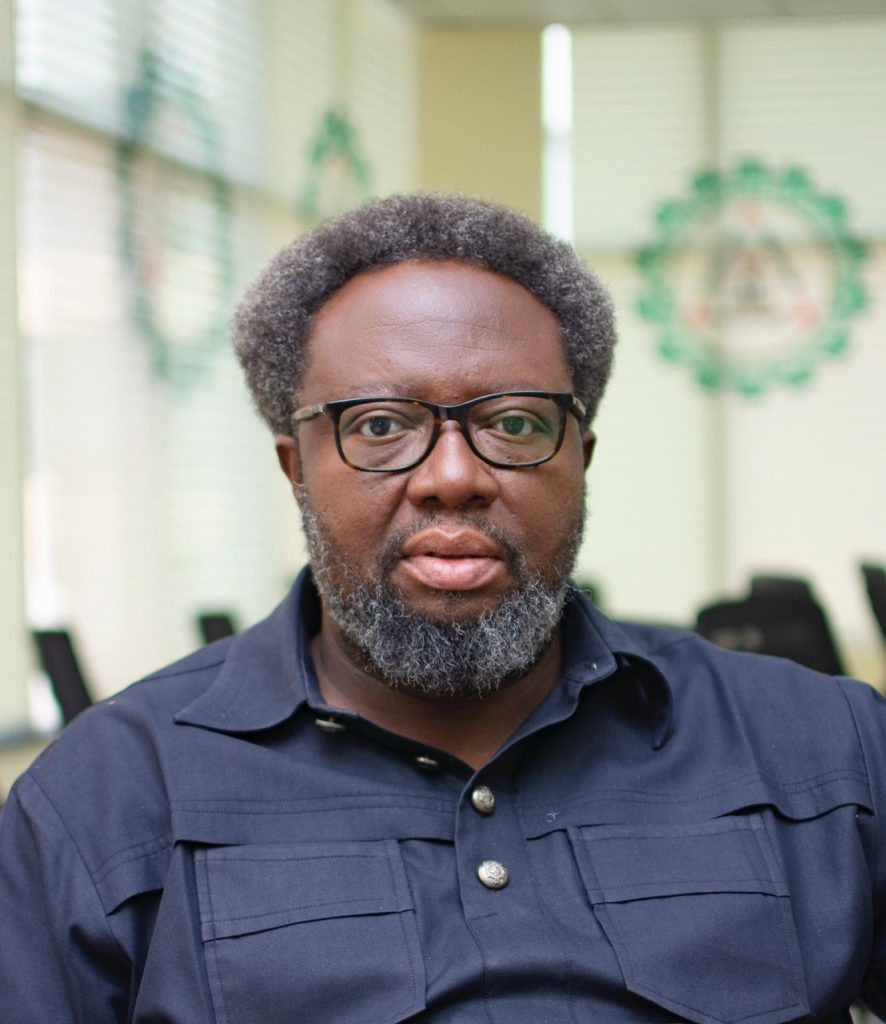
The director-general of the Raw Materials Research and Development Council (RMRDC), Prof. Nnanyelugo Ike-Muonso has announced that the Africa Raw Materials Summit (ARMS 2025) will throw its full weight behind the proposed 30 percent Value Addition Mandate Bill.
The bill seeks to compel local processing of at least 30 percent of all raw materials before export, to stimulate domestic industries, creating jobs, and boosting Africa’s global trade competitiveness.
Speaking during a pre-event press briefing held in Abuja, Ike-Muonso said the summit, themed “Shaping the Future of Africa’s Resource Landscape,” will be a bold call for the continent to rethink its resource management and industrialization strategies.
“The summit is a continental call to action—a moment for Africa to rise and assert itself as a global hub for industrial innovation, value creation, and resource sovereignty,” he said.
He lamented Africa’s continued reliance on exporting unprocessed raw materials despite holding over 30 percent of the world’s strategic raw materials, including key minerals like lithium, cobalt, graphite, and rare earth elements.
“This outdated economic model is robbing African nations of the opportunity to create jobs, grow industries, and earn foreign exchange. It is also preventing the continent from becoming a technological and economic leader in the global arena,” Ike-Muonso said.
Central to reversing this trend, he explained, is the 30 Percent Value Addition Mandate Bill currently under consideration at the National Assembly. “The bill, which the RMRDC has passionately championed, mandates that at least 30 per cent of all raw materials be locally processed before they are exported. This will reduce capital flight, support industrial growth and improve our global competitiveness,” he stated.
He further outlined the key objectives of ARMS 2025:
To mobilise a unified continental voice on the need for raw material industrialisation through innovation and value addition.
To align closely with the African Continental Free Trade Area (AfCFTA) and foster stronger regional trade and processing linkages.
To facilitate actionable partnerships among governments, private sector stakeholders, researchers and development financiers to move from policy declarations to sustainable transformation.
According to Ike-Muonso, the summit, scheduled to hold in Abuja, will host over 1,000 top-level delegates from across the continent, including senior ministers and high-ranking policymakers.
He assured participants of adequate security, dignity, and a seamless conference experience, emphasising the council’s commitment to organizing a world-class event.
Highlighting the expected outcomes of the summit, Ike-Muonso noted that it would produce a Pan-African Declaration on Raw Materials Industrialization, cement regional support for the Value Addition Mandate, launch investment frameworks for industrial infrastructure and promote partnerships in technology transfer, resource mapping and commercialisation of research outputs.
“The RMRDC is not just advocating for change; we are building the institutional foundations to drive and sustain it,” Ike-Muonso asserted. He called on all stakeholders to embrace this transformative agenda, stressing that Africa’s future lies not in the raw potential of its resources but in how it harnesses them for sustainable development, industrial resilience and inclusive economic prosperity.

